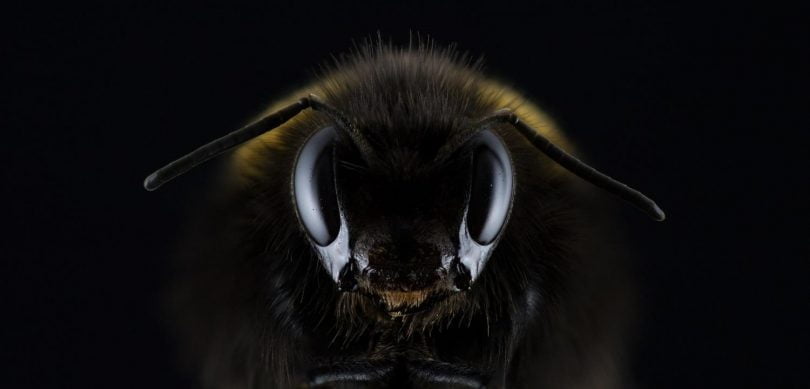Bees have been around for hundreds of years. Up until recently, the UK countryside was full of wild flowers and grasses that promoted the growth and sustainability of bee colonies across the country.
However, in recent years the increased demand and production of food using technology has meant the rapid decline in wild flowers and grasses – and thus the dangerous and rapid reduction in bee population.
As a result of this, there have been two species of bee that have become extinct in the UK since the start of the 20th century, Cullem’s bumblebee (Bombus cullumanus), was last recorded in 1941 and the Short-haired bumblebee (Bombus subterraneus), was last recorded in 1988.
Both of these species are still found in Europe thankfully, but the British populations may have been specially adapted to our climate and environment.
Several other bumblebee species are now in trouble, and could become extinct in the UK within a short time. Two species in particular, the Great yellow bumblebee and the Shrill carder bee, are now only present in small numbers.
Necessary for the planet
Insects are estimated to contribute over £400 million per annum to the UK economy and €14.2 billion per annum to the EU economy, and as bees are vital for pollinating our crops, we really do need them to survive and be able to eat.
If bees were to become extinct all together the high cost of pollinating plants by other means could significantly increase the cost of fruit and vegetables. Not only that but Canola, which is grown to use as both a fuel and cooking oil, depends highly on pollination. It is also used to produce biofuel.
If we were to run out of biofuel, we’d have to rely on fossil fuels completely, thus putting further pressure on the environment and increasing the rate at which our planet is dying.
Most importantly, bees going extinct would have a huge effect on the human population. Less production of food crops, due to the lack of pollination from bees, will ultimately lead to worldwide famine. Freshwater will start drying up as well as, as there will be less trees for water retention to occur. With less water and a lack in food, humans will die of thirst and starvation.
Ultimately, we wouldn’t be able to sustain and would be forced into extinction within a few hundred years.









